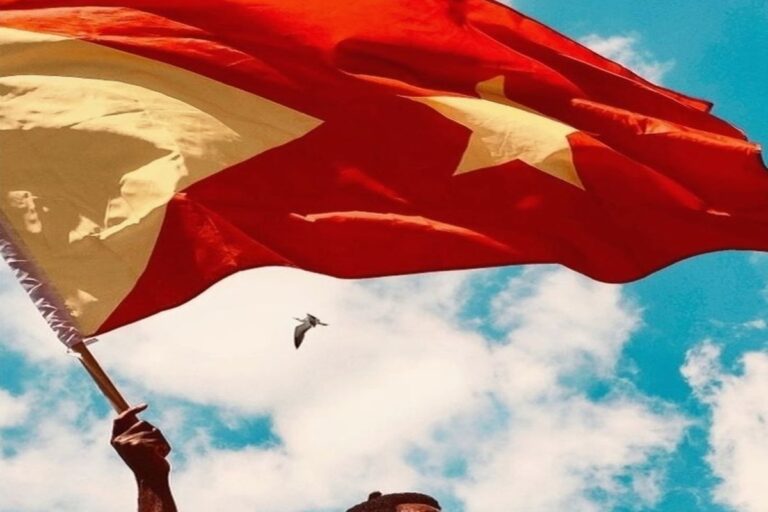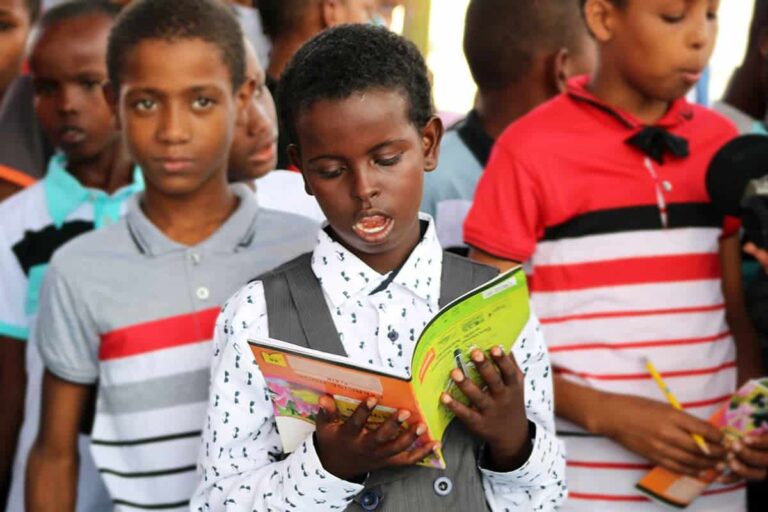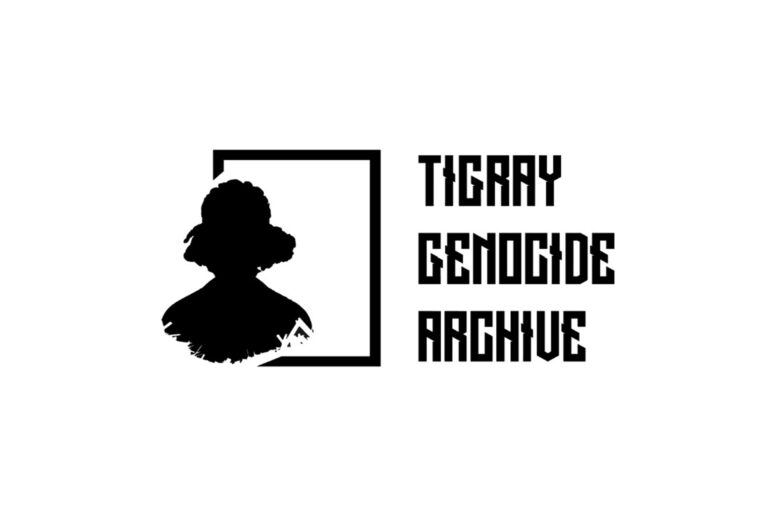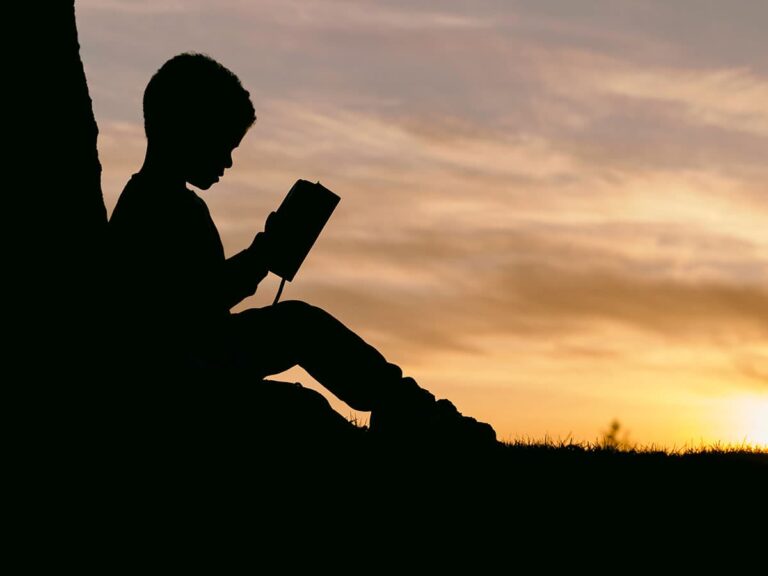War doesn’t just take lives—it leaves behind survivors forced to carry unimaginable grief. In Tigray, tens of thousands of families have lost parents, children, siblings, and spouses. The air still carries the silence of those who will never return. But for the living, the pain of loss is compounded by the burden of survival in a shattered land.
Among the most vulnerable are the children who lost one or both parents, and families who now face life with gaping emotional and economic holes. These are the hidden victims of the Tigray war—the ones who must wake up each day and find a way forward, despite the heartbreak.
A Region in Mourning
The exact number of casualties is still unclear, due to ongoing communication blackouts and restricted access to independent investigations. However, local civil society groups and international organizations estimate hundreds of thousands of lives have been lost due to violence, starvation, and lack of medical access.
Every death has a ripple effect. For every parent killed, there is a child left orphaned. For every breadwinner lost, there is a household left without support. In many communities across Tigray, entire families have been wiped out, while others have been split apart indefinitely.
Orphaned by War: Children Bearing the Weight of Tragedy
For children, the trauma of losing parents to violence is often layered with displacement, hunger, and fear. Many now live with distant relatives or in makeshift shelters with no stable care. Some have no one at all.
Children without guardians are at extreme risk of malnutrition, abuse, neglect, and exploitation. Without emotional support, many struggle with grief and signs of post-traumatic stress—nightmares, withdrawal, aggression, or depression. The absence of psychological care makes the trauma worse.
In response, our organization is prioritizing a comprehensive and compassionate approach to support these vulnerable children and grieving families.
Our Mission: To Stand With Survivors and Orphans
We believe that no child should face the aftermath of war alone—and no grieving family should be left to suffer in silence. Here’s how we’re offering care, dignity, and hope:
1. Orphan Support Programs
We identify orphaned children through community networks and work to place them with caring relatives or foster families. We also provide financial assistance for their daily needs—food, clothing, school materials, and basic healthcare.
2. Counseling and Trauma Care
Our team offers trauma-informed mental health services, including grief counseling for orphans and families. Healing emotional wounds is just as vital as providing material aid.
3. Family Livelihood Recovery
We support surviving caregivers—especially widows and single parents—with livelihood tools such as micro-grants, skill training, and small business support. Helping them earn an income ensures that children in their care can be raised with dignity and security.
4. Education Continuity
We cover school fees and provide learning kits for orphaned and grieving children, to ensure that their future remains full of opportunity despite the tragedy they’ve endured.
5. Memorial and Remembrance Projects
We support families in honoring their lost loved ones by participating in memorial initiatives and digital remembrance archives. Acknowledging loss is a critical part of healing.
Moving from Mourning to Rebuilding
War may have claimed countless lives, but it will not claim our commitment to those who remain. By supporting orphans and bereaved families, we not only ease their suffering—we help rebuild the soul of Tigray. Every life we touch is a step toward healing, justice, and lasting peace.
Together, we can ensure that even in their darkest hour, these survivors know they are not alone.

You Can Help Us Help Them
- Sponsor an orphan to cover education and living expenses
- Donate to our family support fund for widowed parents and guardians
- Volunteer your time or skills to help deliver mental health support
- Share their stories to keep their memories and struggles alive in global consciousness




